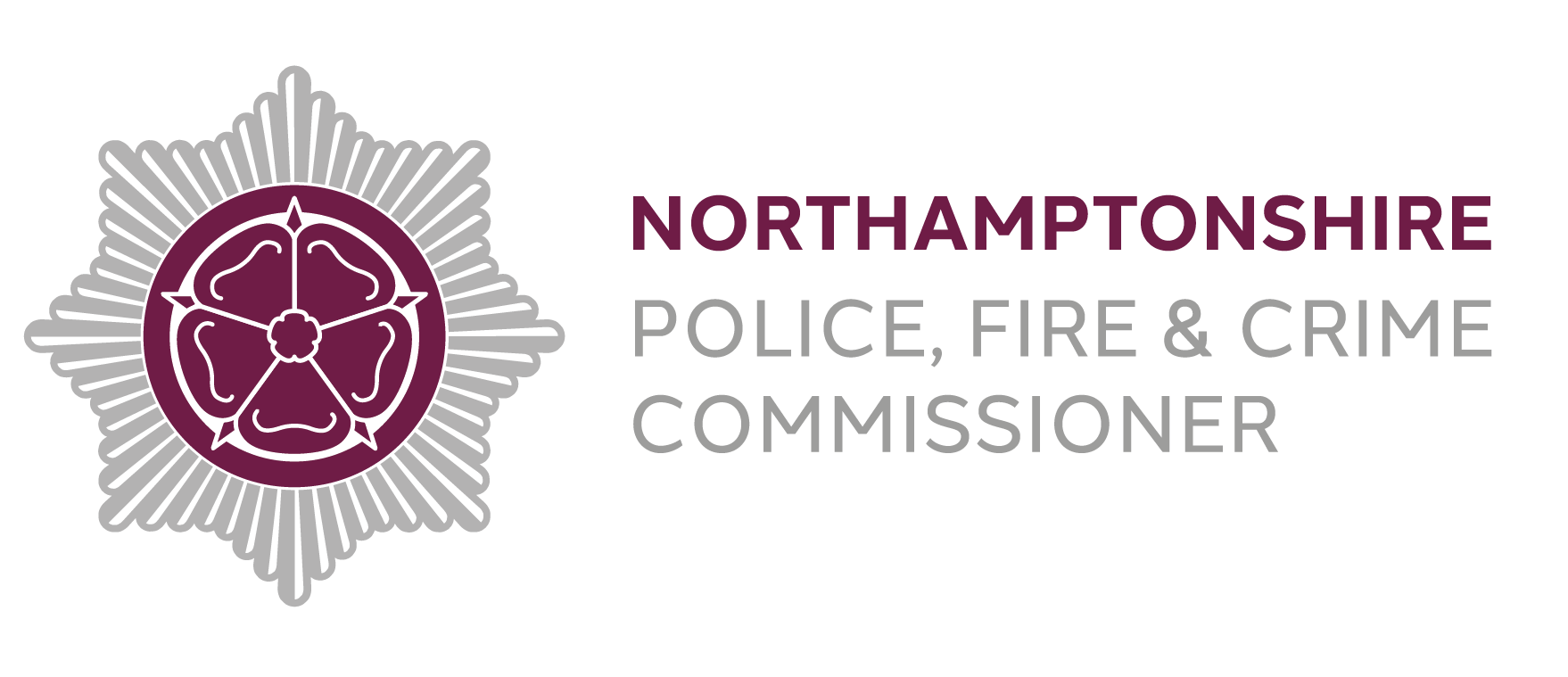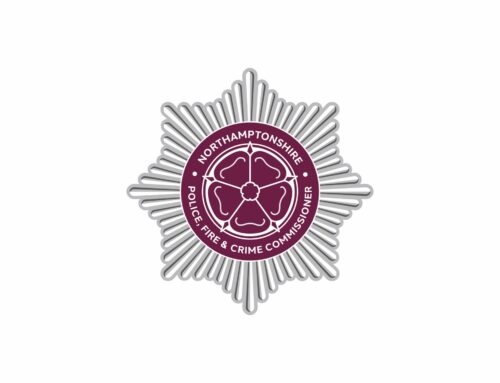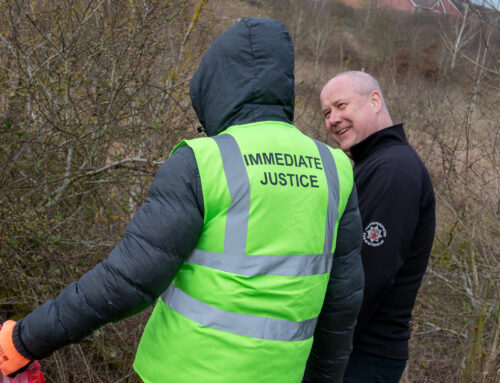A pilot scheme in Northamptonshire is helping to divert women offenders with low-level mental health problems away from prison and provide them with treatment options in the community to reduce the likelihood that they will reoffend.
The programme is backed by the Ministry of Justice, Department of Health and Social Care, NHS England and Public Health England with the aim of increasing the use of a community sentences for Mental Health, Drug and Alcohol Treatment Requirements. Northamptonshire is one of five test areas where agencies have come together to create a health programme that identifies and supports people whose offending can be tackled by treatment rather than a short prison sentence.
The Northamptonshire pilot is focussing specifically on women. High numbers of women in the county – 72% – were being sent to custody for non-violent crime and 84% of these sentences were less than 12 months long. National figures also show that around 70% of prisoners and 40% of people on probation have a mental health issue

Pictured: The multi-agency steering group involved in the pilot
The Mental Health Treatment Requirement has been available to Magistrates and Judges as one of 13 community sentencing options for some time but has rarely been used. The Northamptonshire pilot project was set up to establish health and social care support in the community to help divert women who have committed offences away from custody, where they have mental health, substance misuse issues.
The Northamptonshire testbed has seen a wide number of agencies working together to establish a jointly-run programme that supports magistrates and Judges by identifying appropriate offenders to receive treatment within the community.
It is believed to be the first UK site to offer a holistic approach for women, with a partnership of agencies providing appropriate support to an offender sentenced to a community order that will address the reasons for offending, along with improving their mental health and life chances. The sentence also means that the woman will, alongside support for her mental health needs, will receive dedicated social, practical and emotional support from the local women’s centre.
If successful, the pilot could be extended to all suitable adults.
Mignon French JP is the Programme Manager for the national programme. She said:
“We are delighted that Northamptonshire has embraced the treatment requirement protocol, which is resulting a significant improvements in the way women are being sentenced, clinically treated and supported in the community. The aim of the protocol is to tackling the reasons why they are offending, reducing/stopping their offending, improving their health and social care life chances, not only for the women in treatment but for their children and families as well. We look forward to supporting the Northampton testbed in the future and wider availability of the treatment requirements.”
So far, 79 women in Northamptonshire have been assessed to see if they are suitablee for the programme and 50 have been sentenced to it. The first 11 have completed the sentence.
Northamptonshire Police and Crime Commissioner Stephen Mold and his office were key in pulling the pilot scheme together:
“This programme aims to break the cycle of reoffending by providing effective treatment to tackle the problems that are leading a woman into crime. Short term prison sentences do nothing to deal with the root causes of crime and I believe that where people have particular problems such as mental illness, we should not only seek justice but support them to turn their lives around too.”
As part of this project, Northamptonshire Healthcare NHS Foundation Trust works alongside probation and voluntary organisations to assess women who meet the criteria for the scheme.
Dr Sunil Lad, Principal Counselling Psychologist at NHFT and Clinical Lead of this project said:
“This has been an exciting project to be part of. We have been helping women who are in contact with the criminal justice system having experienced adverse life events resulting in developing unhelpful ways of coping. We are able to better understand how they come into these difficulties and have introduced them to different ways of coping.
“It’s great to be part of this where we are stopping people going into prison for low level offending which has no evidence of reducing risk, but instead is likely to exacerbate difficulties.”
Dr Lad added that the assessment work undertaken by NHFT provides an insight into the mental health and behaviour of women given the Mental Health Treatment Referral, and has shown decreases in their levels of anxiety and depression.
Northamptonshire’s pilot scheme will be evaluated by the University of Northampton and the results fed back to the Ministry of Justice.





